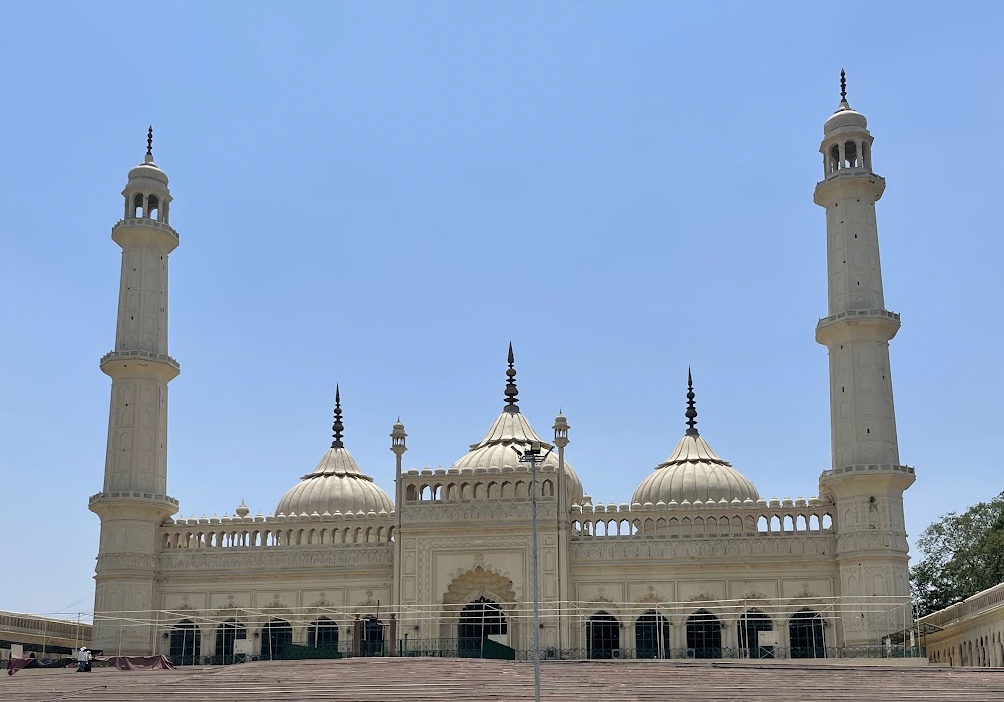Amazing Secrets of Hinduism

6/27/2023
As an ABI (American Born Indian) there was always a knowledge gap between what I thought I knew and the real truth. Hinduism is something I was born into, so I kind of just accepted it from the beginning. In highschool I started doubting my identity, and asking myself the question, “What/Who do I believe in?” I was taught to believe in one thing but I wasn’t sure it was what I wanted. I entered college and realized I needed to believe in something, no matter what it was so I deemed myself Agnostic, with my understanding as “I believe in a higher power I just don’t know what it/they are.” I didn’t know where I was religious and where I was spiritual. It was hard for me to accept this because it was a relationship setback between me and my parents. Nevertheless, I still went to Mandirs and Gurudwaras as I did in my childhood.
You must be thinking, “I didn’t open this blog to read about this girl's identity”. That’s fine because I’m not here to teach you about my identity. I started reading this book a few weeks ago called Amazing Secrets of Hinduism by Ed Viswanathan. The reason I picked up this book is because I wanted to learn more about my culture and the country of India, which is exactly what this book talks about.
The book contains 100 questions (and subquestions) all about Indian culture, and answers them in simple, easy formatting. If I had this book since I was young I would’ve been a lot happier. The nice thing about this book is that it's very easy to understand. You don’t have to read it like a chapter book or anything super formal, just skip to what you want to know. I chose to read the whole book front and back because I wanted to fully grasp the concept of Hinduism. I’m gonna share some facts with you that are the basis of Hinduism, and that can help you understand it too.
Who is a Hindu?
“Since Hinduism is a man’s everlasting search after truth, anyone who searches for truth is automatically a Hindu.” One thing I appreciate about Hinduism is the lack of “rules” per say. There’s no, “you must follow this, no questions asked” instead it’s “understand the truth, and follow it in the way that you interpret it”.
Why do Hindus Worship Idols?
We don’t. Just like any other religion, we need a physical matter to represent what we believe in, aka God. “...so man is forced to use idols to concentrate on a God who has no form as well as no name.”
What is Om?
Good question. “Aum or Om is the vibratory aspect of God, who is nameless and formless”. Every sound is a vibration (which is also where the aspect of science in Hinduism comes from), meaning that the closest sound to the creation of the universe is that sound Om.
What was the Golden Age of India?
As every country had its time of art and elegance, so did India. The Gupta period (320-450 CE) was North India’s “Golden Age”, as defined as the creation and establishment of art, architecture, philosophy and literature. The Chalukya Dynasty was considered the “Golden Age” of South India from 543-753 CE and then in 624-1189 CE. During the Chalukya rule, a new form of architecture was established called, Chalukyan Architecture. Hinduism was also very prominent at this time.
Why do Women Wear a Dot on their Foreheads?
This dot is the center meeting point between the eyebrows, representing the Anjana Chakra or spiritual eye. That place is supposed to be protected so just like how women wear this dot (Bindi), all saints wear sandalwood paste to protect their spiritual eye.
Why do Hindus Cremate?
Since Hindus believe in rebirth, the concept of burning a body to get rid of the physical state is so that the soul can move on to another body and get rid of the "karmic debt". And since the body is composed of earth, fire, water, air, and sky (according to the Hindu scriptures), it is said that a person's body "has to go back to the original five elements" at death.
I wish there was a book like this for every culture/religion because honestly I would read them all. I feel that just like news and politics, being knowledgeable about different cultures is worth the time.
Well, that's it for this months book blogs. I hope you enjoyed reading these, and you add them to your list. I feel that the three books that I mentioned all have benefits to them, and that they can all provide some kind of value. That being said, I hope you have a great day and I'll see you in my next blog. Ciao :)
